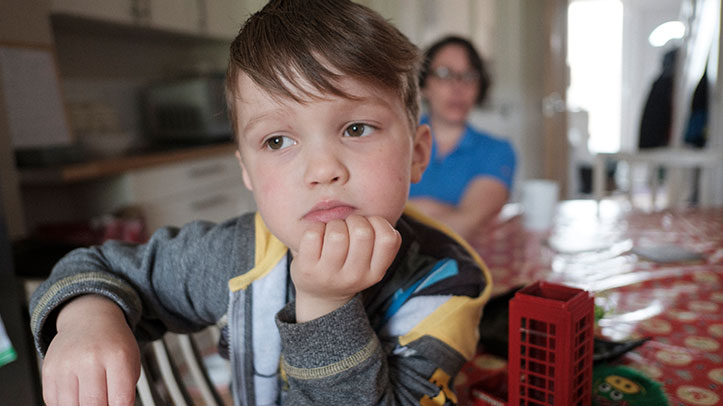According to recently released data, the number of children in the UK living in poverty has increased to its highest level in 20 years. The record-breaking figures come after Prime Minister Keir Starmer’s government announced cuts to disability welfare payments, sparking widespread concern among policymakers and advocacy groups.
Charities and opposition leaders have condemned the welfare cuts, warning that they disproportionately impact low-income families and disabled children. With the cost of living crisis already straining households, many fear that reduced financial support will push even more families below the poverty line.
Analysts claim that the growing crisis has been exacerbated by stagnant wages, rising inflation, and a lack of government assistance. With many families finding it difficult to pay for basic necessities, food banks nationwide report an alarming increase in demand. To avoid long-term harm to children’s health and education, experts recommend swift policy changes.
The government has justified its choice by saying that the reforms are meant to increase the effectiveness of welfare distribution. However, critics argue that without alternative support mechanisms, the cuts could worsen child poverty rates and increase economic inequality. The debate is expected to intensify as pressure mounts on policymakers to reverse the decision.




